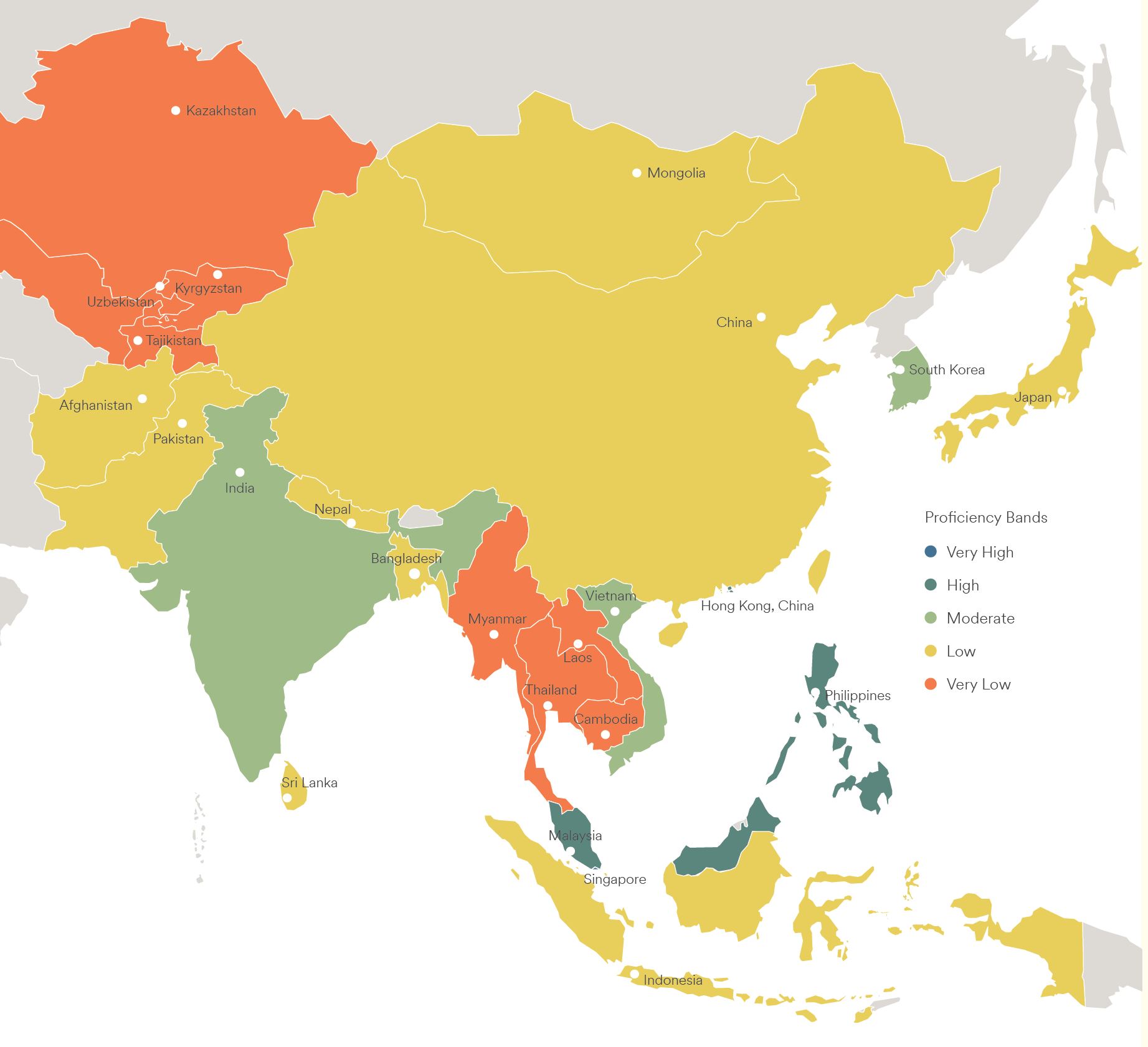Tuesday 14 February 2023
Students from around the world are returning to Australian classrooms, but the pandemic has fundamentally changed the playing field for students coming to Australia from overseas.
Does your school properly understand these students’ abilities? Is your school adequately resourced to support these students?
Australian schools don’t just enrol 500-student visa holders. Students come from a range of different backgrounds and educational systems. This may include Permanent (PR) and Temporary Residents (TR) who are or have been offshore, as well as all other visa holders (e.g. 188/189 significant investor, 155/157 returning residents etc.) and Australian citizens who have been learning in non-English medium schools, or who do not speak English as a first language.
With enrolment enquiries from students based overseas now increasing, schools should be aware of some key factors that are influencing the English language skills of returning and newly commencing students.
During the pandemic:
- Families and students in many countries were confronted with prolonged school closures for lengthy periods of time;
- There was an exodus of expat ESL teachers in key source markets due to strict COVID-19 policies and increasing governmental control affecting educational programs;
- In China, the double-reduction policy led a drive to reduce English language learning from primary school levels
English proficiency in key source markets is in decline
According to the EF English Proficiency Index 2022 report…

Graphic sourced from the EF English Proficiency Index 2022
“English proficiency […] for the youngest cohort is declining. Their skill loss since the start of the pandemic is particularly striking, with a drop of nearly 50 points over 2 years, the equivalent of an entire proficiency band.”
The report, which is based off test data from more than 2.1 million English test takers around the world, found that:
“Young adults in China, Indonesia and Japan have particularly low levels of English when compared to people over 30. China’s decline in score this year was driven exclusively by the country’s youngest cohort.”
In key source markets for Australian schools, only Singapore, Malaysia and Hong Kong are considered to have high levels of English proficiency among students. South Korea and Vietnam are classified as moderate, with China, Japan, Indonesia, Cambodia and Thailand considered to be low or very low.
China’s ranking slipped from 38th place in 2020 to 62nd in 2022.
Testing reduces your risk and improves student outcomes
Using AEAS Testing is the best way to ensure you have a complete and accurate picture of every student applying for entry to your school.
- our recommendations are backed by 37 years of data, understanding and expertise;
- our test is specifically designed to assess the skills and abilities of school aged students;
- our test is standardised making it easy for your school to compare like for like; and
- our results ensure that learning programs match the student’s actual skills and knowledge base.
AEAS Testing can be used for a wide range of student types, not just 500 student visa holders:
- students currently based in any non-English speaking country irrespective of citizenship or visa status
- students from a non-English speaking background based in Australia whose schooling was primarily conducted overseas
- students who have completed an ELICOS program in Australia and are looking to transition into mainstream school (Commencement Testing)
Wherever you have a student, they can take the AEAS Test!
- AEAS tests are available worldwide
- Regular test sessions are pre-scheduled, published online, and held in many locations across the key source markets for Australian schools
- Individual arrangements can be made for tests to be conducted in locations where AEAS does not have a permanent venue
Are you enrolling students from overseas or EAL backgrounds? Here are some things to consider…
Relying on school reports
Relying on school reports is risky as these will vary depending on the country, city and curriculum, making it difficult to compare students. In some markets, especially where competition for enrolments is high, there is a significantly increased likelihood of fraudulent school reports being issued or even purchased.
During the pandemic, students in many key source markets were not able to access normal educational programs and therefore may not have useful, or indeed any school reports available.
Relying on admissions interviews
Relying on unsuitable tests for young learners
Schools should avoid accepting:
- English tests designed for adults, such as IELTS
IELTS General is only suitable for students aged at least 16 years or older, but it is ultimately a test for university entrance and to fulfil visa requirements. IELTS Academic is not a suitable test for school applicants.
- Online tests
Most governments around the world have restored pre-pandemic testing requirements and will no longer accept online tests for visa purposes. Concern about the security and integrity of online tests is real. The use of wireless and bluetooth devices and the rise of cheating rackets, as well as the lack of secure and accurate invigilation of online tests, are key reasons why the results of online-based tests, especially those taken at home or in agents’ offices, should not be accepted.The sudden appearance of advanced AI tools such as ChatGPT has significant implications for online testing and the ability of students to prepare and cheat.





































